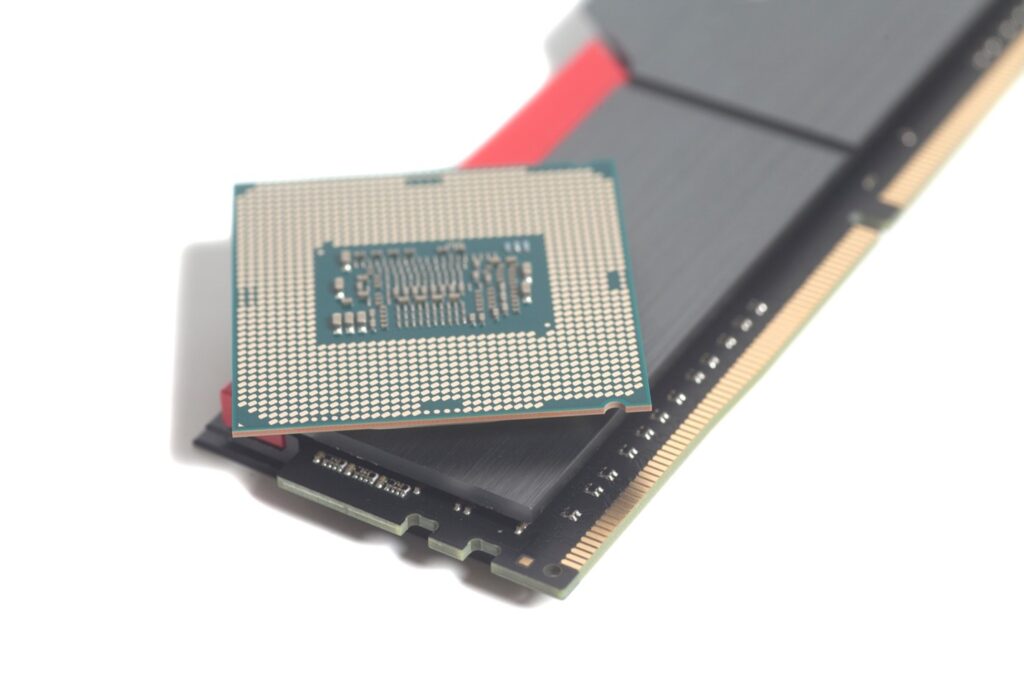When AMD first announced in January it would produce a Ryzen 8000G APU for desktops, it was to have ECC memory compatibility. Later, AMD removed any mention of ECC capability in 8000G from its website. AMD said the Ryzen 3 8300G, Ryzen 5 8500G, Ryzen 5 8600G, and Ryzen 7 8700G cannot enable error-correcting memory (ECC) on associated motherboards. Also, AMD’s Zen 3 Ryzen 9 5000 series processors will support ECC but only on pro motherboards. While ECC support could be desirable, it’s typically found in AMD’s Ryzen Pro processors rather than consumer-grade APUs like the Ryzen 8000G series.
Linus Torvalds, the creator of Linux, has criticized Intel for hindering the widespread adoption of ECC, alleging that the company’s market segmentation practices have adversely impacted the ECC industry. Torvalds contends that Intel’s strategies have impeded the broader utilization of ECC technology.

At issue is the use of ECC in non-professional systems like workstations. AMD and Intel do support ECC with their pro processors. Torvalds’ argument is if it were employed in consumer systems, the volume would be increased and the price lowered.
There is also an argument that ECC could help thwart some memory security attacks.
ECC memory incorporates an extra parity bit to confirm data integrity between memory reads and writes. Without that validation, there is a risk of memory corruption, such as bit flips caused by background radiation or power spikes. Additionally, memory faces threats like rowhammer, a method where repeated reads of specific memory spots can induce adjacent locations to alter their state.
Torvalds suggests Intel wants to drive OEMs to the more expensive Xeon processor with ECC support. But ECC requires support from both motherboard and CPU suppliers; and, ECC memory is more expensive.
Intel says, “[It] supports and validates ECC on products where this feature is recommended by the industry. The industry has defined that ECC memory is most important for data integrity with servers and workstations where Intel supports it with Intel Xeon processors.”
Don’t expect anything on this subject to change within the next three years.